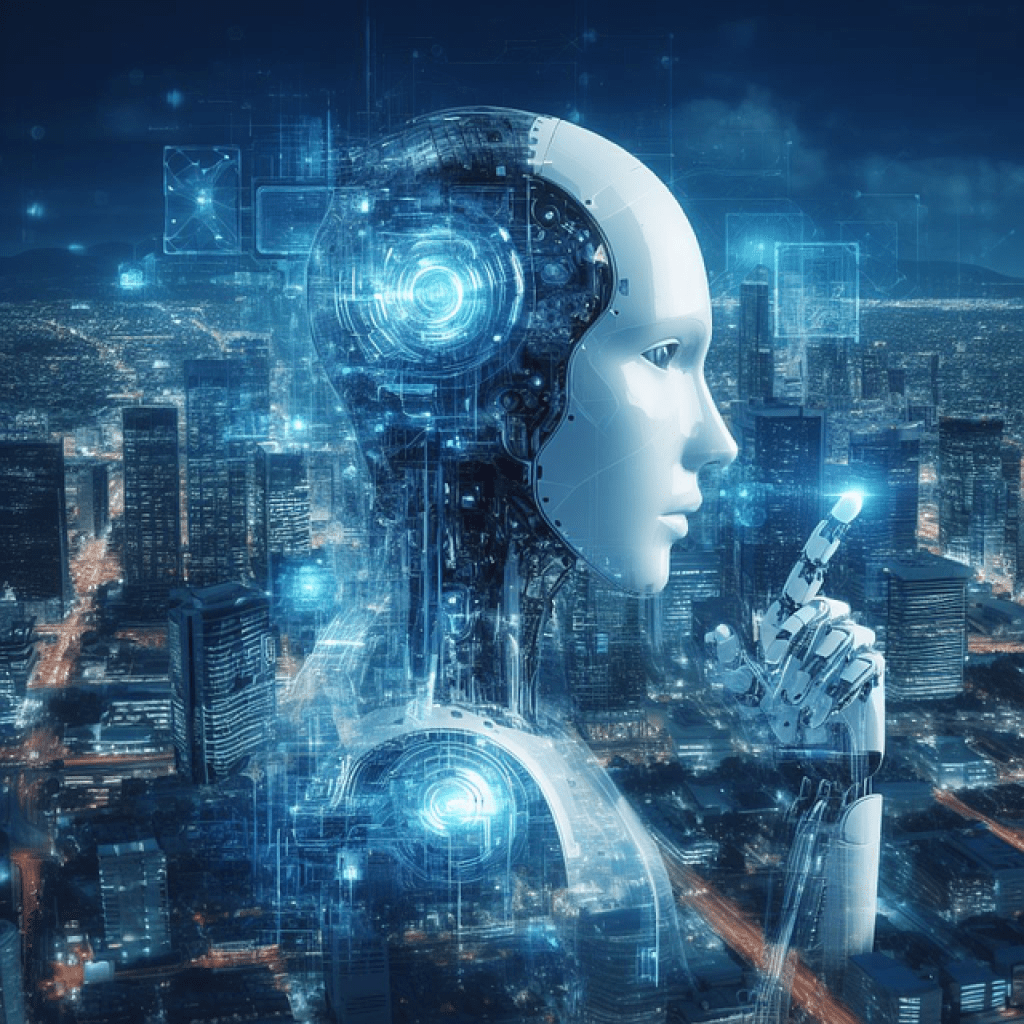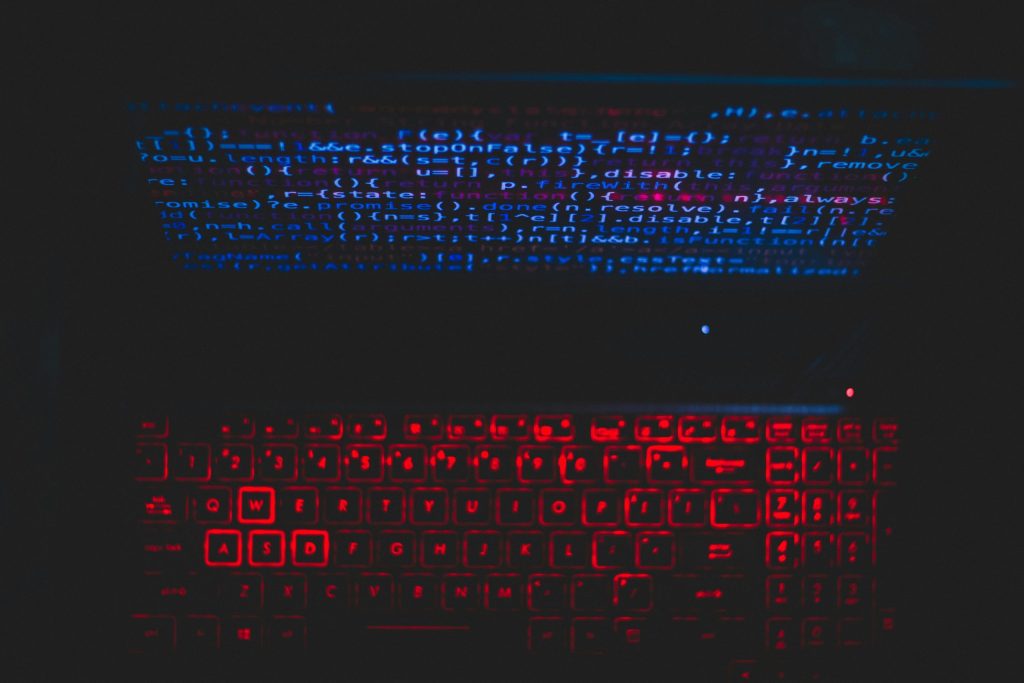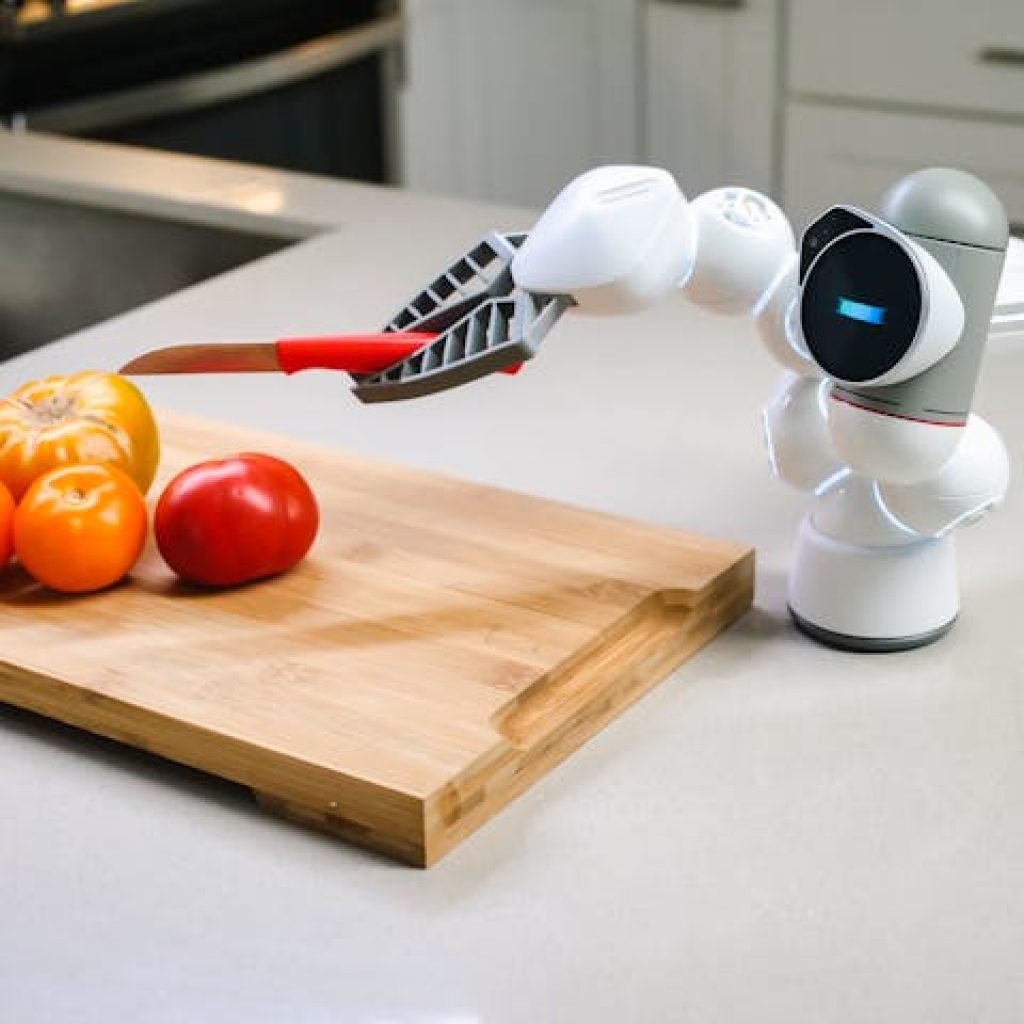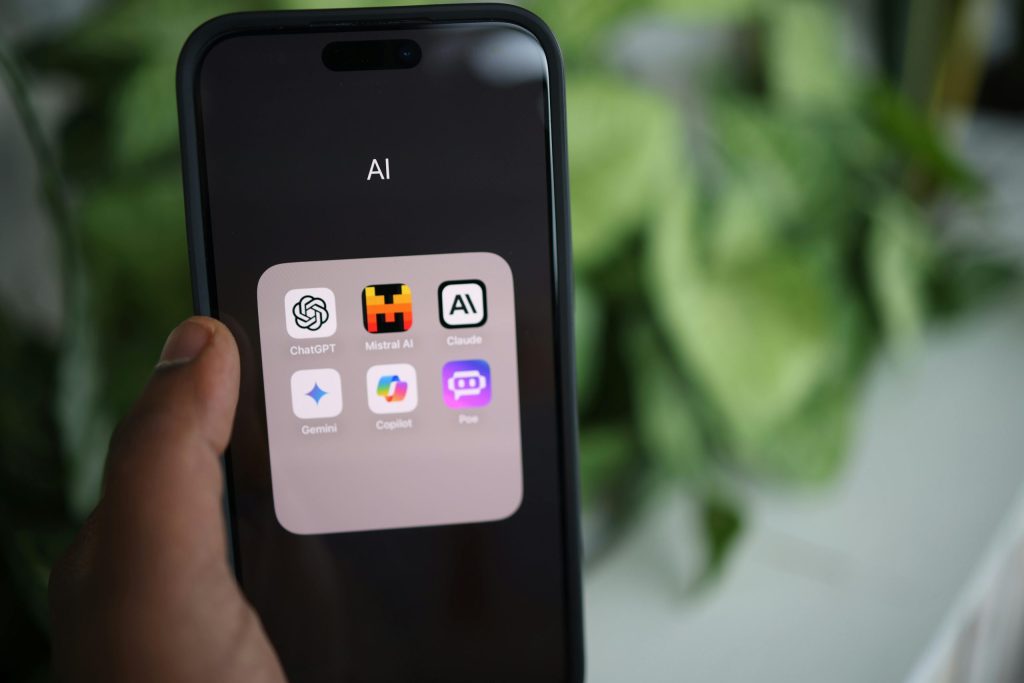AI Automation Is Reshaping Digital Marketing Workflows in 2025
The marketing industry has shifted faster in the past three years than it did in the previous decade. What used to be a world of manual reporting, guess-based targeting, and campaign testing has turned into a system powered by AI agents, predictive analytics, and automated workflows. In 2025, the real advantage is no longer who has the biggest budget — it’s who builds the smartest automated system.
Digital marketers are no longer spending most of their time executing tasks. They’re designing systems that run those tasks for them.
The Rise of AI Workflow Tools
Tools like Zapier, Make, Notion AI, OpenAI agents, Gemini Apps, and thousands of micro-AI SaaS products have transformed the daily routine of marketers. Instead of exporting CSV reports, writing ad variations manually, or tagging leads one by one, AI can handle the repetitive work in the background while humans focus on strategy and creative direction.
Even campaign content is shifting — AI is now capable of repurposing landing pages into ads, ads into captions, captions into emails, and emails into full blog posts. Productivity is no longer a matter of time management, but automation architecture.
From “Tasks” to “Systems”
The most successful marketing teams today operate like engineers.
Instead of asking, “Who will do this?”, they ask, “How will this run without us?”
Examples of system-based workflows now used by agencies and brands:
- Lead goes from Meta ad → WhatsApp → CRM → assigned rep → pipeline status auto-updates
- Google Ads data is pulled into a dashboard every morning with alerts triggered only when CPC or conversion rates shift
- AI agents rewrite low-CTR ads weekly without waiting for human intervention
- Customer behaviors trigger email + WhatsApp flows without a marketing manager touching anything
Businesses that adopt systems scale. Businesses that stay manual depend on people — and people don’t scale at the same speed machines do.
AI + Search Marketing: The New Competitive Edge
Search marketing is now powered by machine learning at every level: clustering keywords, predicting search intent, and auto-adjusting bids based on probability models. Manual keyword research is becoming outdated because AI tools can now analyze 100,000 keywords in seconds and group them into intent-based clusters.
This is why companies increasingly hire professionals who understand both AI automation and traditional SEO — because strategy still matters, but execution is now accelerated by software.
To build scalable ranking systems, many companies now work with an experienced SEO consultant in Dubai who can connect AI-powered tools with real business goals instead of chasing vanity metrics.
AI in Paid Ads: Better Targeting, Lower Cost per Lead
AI has completely reshaped paid advertising — especially Google Ads.
Instead of managing dozens of manual rules, advertisers now plug in first-party data, audience signals, automated bidding, predictive audiences, and performance-max structures that react in real time.
The result?
Less time inside the dashboard, more time optimising the funnel it feeds.
A growing number of brands are working with a performance-driven Google Ads specialist in the UAE to combine AI scripts, conversion modeling, and sales CRM signals — something that wasn’t even possible five years ago.
What This Shift Means for Businesses
The companies that win in 2025 are the ones that understand two facts:
- AI won’t replace marketers — but marketers who use AI will replace the ones who don’t.
- Growth no longer comes from “more effort” — it comes from compounding automation.
Hiring more people is no longer the only scaling strategy.
Building smarter systems is the new unfair advantage.
Final Thoughts
AI is not a trend anymore — it’s infrastructure.
The same way electricity changed factories, AI is changing marketing departments. The next wave of top-performing companies will be built by teams that turn their strategy into automated engines: generating leads, qualifying users, personalizing content, and scaling campaigns without multiplying headcount.
The future of digital marketing is not about working harder.
It’s about working with machines that don’t get tired.



